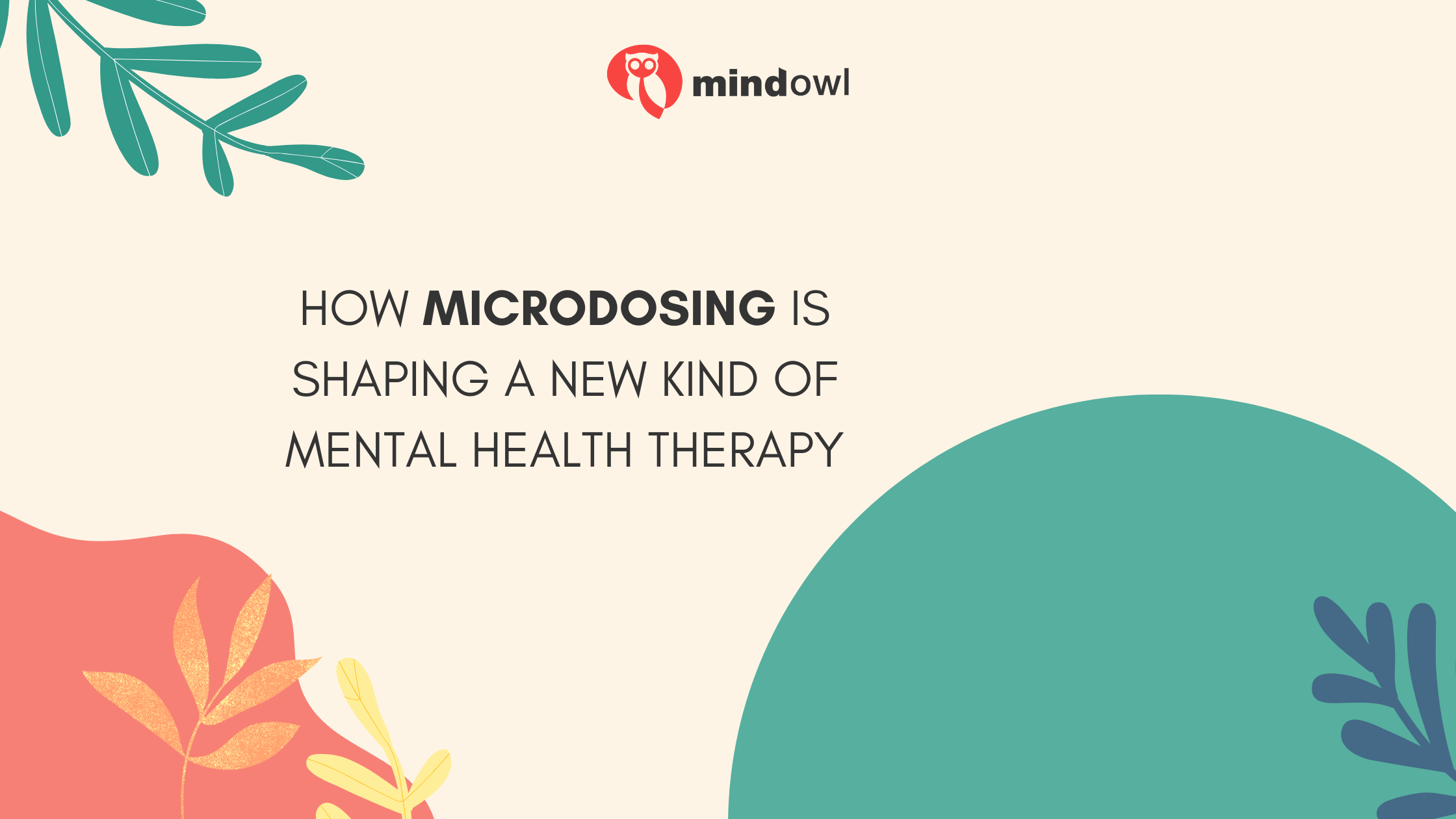The state of mental health therapy has changed considerably during the recent decades and new methods and techniques continually appear to assist individuals in coping with anxiety, depression, PTSD, and other mental issues. Among the most curious trends of the last few years is the habit of microdosing with the help of psychedelic drugs, especially psilocybin that can be obtained in magic mushrooms. This new kind of treatment includes the use of very minuscule amounts of these substances, sometimes even sub-perceptual (they fail to bring hallucinations or significant changes in the state of consciousness but can affect the mental state in small and meaningful ways).
Microdosing has gained the interest of not only the scientists but also ordinary citizens who want to use alternative ways of achieving emotional and psychological self-management. With the growing online presence of magic mushrooms and availability in other regulated markets, more people can be safe in trying this option. Along with testimonies and numerous literature, the rise of microdose mushrooms are starting to define the new form of mental health treatment techniques that appreciate slow, gradual, gentle healing and feeling empowered as an individual.

The Emergence of Microdosing in Mental Health
Psychedelics in practice as a healing practice is nothing new, native cultures have been using drugs such as psilocybin mushrooms in religious contexts since time immemorial. The contemporary idea of microdosing, however, hitting doses at about one-tenth to one-twentieth the recreational dose is more recent. The practice became widely known in the early 2010s after people and consumers (not on drugs) experienced a sense of mood, focus, creativity, and emotional resilience without getting wholly psychedelic trips.
The introduction of microdosing in the field of mental illness treatment marks the transition towards an integrative and not episodic prevention of the processes of the psyche. The standard treatment is usually based on weekly therapies or the use of antidepressants, but microdosing can be perceived as the intervention that never stops and is introduced into the everyday routine of people. The method suggests providing mental health support which can be accommodated in the real-life everyday schedule and this may help eliminate stigma and leads to making suggestions of self-awareness.
Changing Perspectives on Mental Health Treatment
Microdosing is an aspect that puts in question numerous existing concepts regarding treatment of mental issues. Microdosing guides a person to pursue the understanding and investigation of the mind as well as emotions thus educating or guiding personal enlightenment other than just eradicating symptoms which can be achieved using pharmaceutical medications. This experience component is something that will be desirable to many who are being restricted by the traditional therapies or require the addition to them.
What is more, microdosing mushrooms tends to stimulate the whole-body perception of health, making it dependent on lifestyle, diet, mindfulness and community support, along with thoughts and moods. Mental health professionals and therapists incorporating this technique are starting to consider individualistic protocols, which have accounted to the individual psychology of the individual. This tendency is a sign of an increased inclusion of alternative treatment in mainstream mental health care.
Integration of Microdosing Into Therapy Practices
Although microdosing is not recognized as a common intervention especially in the clinical settings, research studies and pilot programs have begun to research its effectiveness and safety. These studies have sought to offer scientific support to the informal advantages that individuals get thus assisting in setting up the recommendations and best practices to the psychological health practitioners.
Meanwhile, certain therapists have also started using microdosing in their practice by advising clients on harmless sources, reliable dose, and conscious integration of the experience. It is now easier to obtain such compounds, now that people can buy magic mushrooms online without any harm to them since they can get them from known sources or suppliers; legal or otherwise, varying greatly across jurisdictions. The correct integration will involve chats about expectations, intentions, and integrating microdosing with psychotherapy or coaching to increase its benefit.
Potential Benefits and Considerations
Microdosing with mushrooms is said to enhance mood stability, make people less anxious, increase concentration, and feel open emotionally. They can be used to yield huge relief to patients with conditions that are not always favorable to regular medicines. Notably, microdosing involves small amounts that do not usually have such severe side effects or interferences that are experienced in the larger doses of psychedelics.
Despite these benefits, microdosing is not without challenges. The inability to standardize dosing, the variant ability to respond uniquely and the legal restrictions prevent the universal acceptance. Microdosing should also be undertaken by the users and clinical practitioners with precautions, due to the fear and care as well as enough information, to minimize the possibilities of risks and maximize the possibilities of therapeutic potentials.
Multiple studies are defining microdosing as the fabrication of a novel type of psychological well-being treatment that combines the wisdom of age and the knowledge of science with individual experience. With their ability to help manage mental health through a not-too-obvious approach, microdose mushrooms are a potential addition to currently available treatment methods. With the ongoing research and additional individuals coming to share their experiences, the practice might become part of mental health care.
MindOwl Founder – My own struggles in life have led me to this path of understanding the human condition. I graduated with a bachelor’s degree in philosophy before completing a master’s degree in psychology at Regent’s University London. I then completed a postgraduate diploma in philosophical counselling before being trained in ACT (Acceptance and commitment therapy).
I’ve spent the last eight years studying the encounter of meditative practices with modern psychology.

